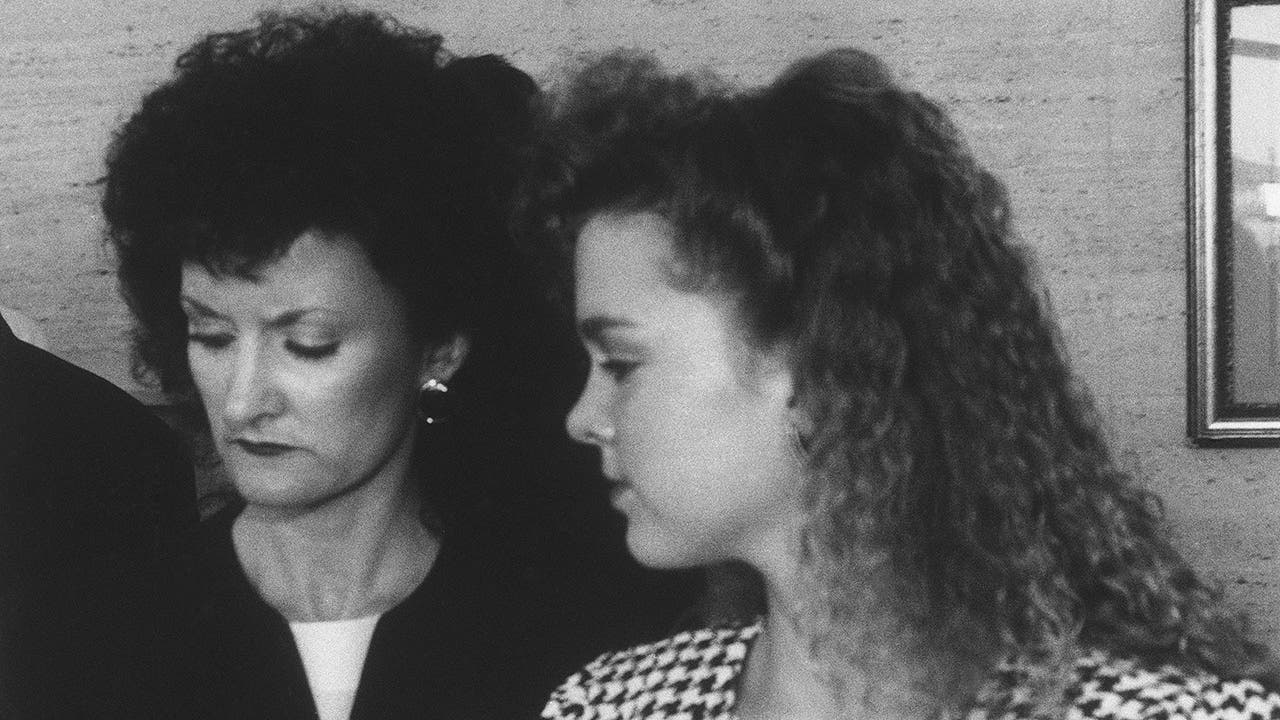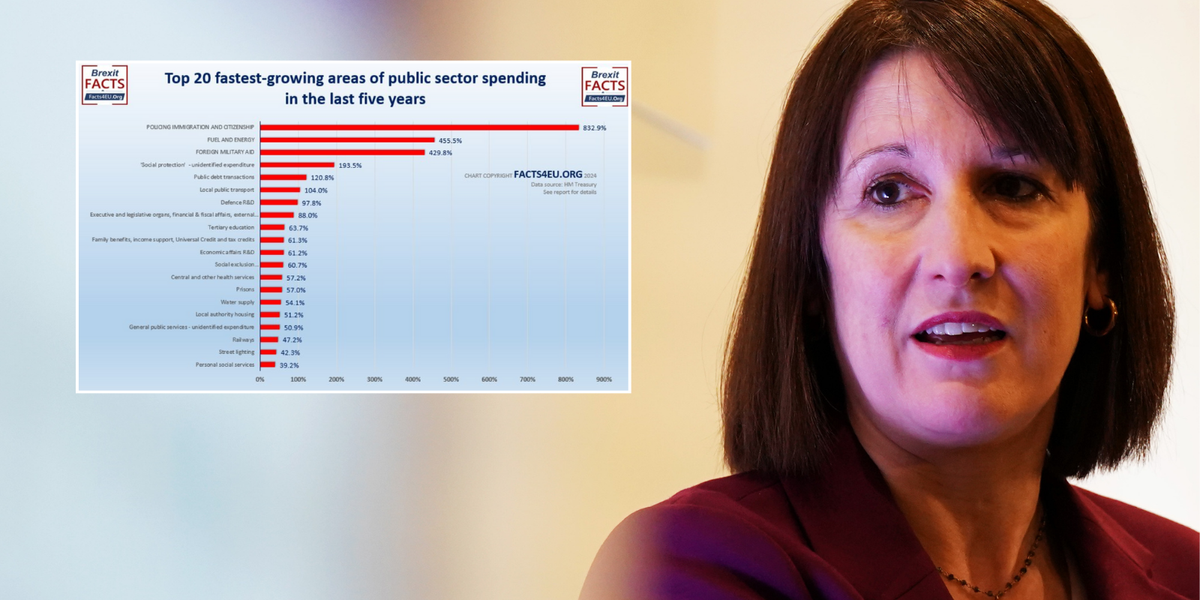A partial government shutdown went into effect at 12:01am Saturday morning after Congress failed to pass a stopgap bill in time.
This doesn't mean the process is over, however. The Senate has just passed the bill 85 to 11. It cleared the House of Representatives earlier in the day.
All that has to happen now for the shutdown to be lifted is for President Joe Biden to sign the funding package, which will also deliver disaster aid to the southeastern US that was rocked by hurricanes and get economic assistance to farmers throughout the country.
The partial shutdown comes just days before Christmas and New Year's, and if an agreement hadn't been reached, hundreds of thousands of federal workers would have been furloughed indefinitely.
During a partial shutdown, federal agencies and non-essential services are stopped immediately.
National security functions like border patrol, law enforcement and disaster response teams will remain active during the shutdown.
Biden will be signing the bill imminently and has already said he supports it.
Before the Senate passed the bill, the White House released a statement pledging that no agencies would shut down 'because there is a high degree of confidence that Congress will imminently pass the relevant appropriations.'
The statement also confirmed that Biden would sign the crucial legislation when it is sent to his desk.
House Speaker Mike Johnson was able to get the stopgap bill passed through his chamber 366 to 34. Senate Majority Leader Chuck Schumer presided over a Senate that failed to pass the bill before 12:00am on Saturday
As the deadline rapidly approached Friday night, Senate Majority Leader Chuck Schumer, a Democrat from New York, announced that the upper chamber had reached an agreement on the spending bill, often referred to as a continuing resolution (CR).
'I have very good news for my colleagues and the country,' he said on the Senate floor. 'Democrats and Republicans have just reached an agreement that will allow us to pass the CR tonight before the midnight deadline.'
The House passed the spending bill Friday evening. The CR extends government funding until March and provides over $100 billion dollars in relief funds to hurricane victims, farmers and more.
The 118-page bill passed with bipartisan support in the House, 366 - 34, after Republican Speaker Mike Johnson negotiated with his Democratic counterpart Hakeem Jeffries over the details in multiple conversations on Friday.
The 11th-hour passing of the GOP spending deal late Friday came after President-elect Donald Trump and billionaire Elon Musk demanded Johnson capitulate to their policy priorities during his negotiations.
Johnson originally proposed a 1,547-page CR, but that was quickly derided by many in the GOP and most notably by Musk, who used the bully pulpit of his X app and his 200 million followers, to ridicule Johnson's plan until the speaker went back to the drawing boards.
After deliberating with Trump's team Johnson then produced a 116-page bill backed by the president-elect and Musk. But that went down in flames with a 174 to 235 vote on Thursday after nearly every Democrat and 38 House Republicans voted against it.
President-elect Donald Trump and his billionaire ally Elon Musk each had their own problems with the original 1,547-page CR. Their statements against it ended up torpedoing it
All day Friday Johnson and many House Republicans were sequestered in private meetings to discuss the best path forward. Many were unsure how the final vote was going to go.
But the speaker's last gambit, coming just hours before federal funding expired, ultimately didn't quite come through in time.
'We will not have a government shutdown,' he said earlier in the day.
Democrats were blasting Republicans Friday for scrapping the bipartisan deal worked out over weeks of negotiations and any move to include the debt ceiling.
But Jeffries reportedly indicated to his Democratic members that they 'will live to fight another day' and instructed his party to support Johnson's plan.

 By Daily Mail (U.S.) | Created at 2024-12-21 06:05:03 | Updated at 2024-12-21 10:17:41
4 hours ago
By Daily Mail (U.S.) | Created at 2024-12-21 06:05:03 | Updated at 2024-12-21 10:17:41
4 hours ago








